
The initial line-up brought together Billy Ross and former members of the group Contraband,
Billy Jackson, John Martin, and George Jackson. One of their earliest gigs was at the 1976
Kinross Folk Festival.
Each of the members was a multi-instrumentalist and singer. Their arrangements of songs, slow airs and dance tunes were meticulous, almost a chamber music approach to Scottish Music. They sang in both English and Gaelic. Billy Jackson's wire-strung harp, the clarsach, featured in most pieces but he also played
Uilleann (Irish) pipes and whistles. John Martin, who played fiddle and cello went on to become a member of
The Tannahill Weavers. George Jackson (brother of Billy) played guitar, cittern, mandolin, fiddle, whistle and flute. Billy Ross was the main singer who played guitar, dulcimer and whistle.
Their first two LPs were remarkably popular and influential; Ossian (1977) and St Kilda Wedding (1978). Like Iona, a similar band, their albums sold well in specialist Christian rock shops. Billy Ross left the band and was replaced by Tony Cuffe as lead vocalist also playing guitar and whistle. Iain MacDonald joined playing highland pipes, flute, whistles and Jew's harp. They broke up in 1989, but reformed in 1997.(From Wikipedia, the free encyclopedia)
 http://en.wikipedia.org/wiki/Ossian
http://en.wikipedia.org/wiki/Ossian
Ossian, named after the legendary 3rd century Celtic bard and folk hero, was formed in 1976, and this was their first ground-breaking album of Scottish / Celtic music. The band went on to record a series of albums on their own Iona label. All four members of the band were from Glasgow, but George and Billy Jackson were both of Irish extraction and they developed a taste for Celtic traditions on the family croft in the Donegal Gaeltacht. John Martin comes from a long line Aberdeenshiure fiddlers and still plays the fiddle owned at one time by his Grandfather. Billy Ross has his roots in Skye, and from this background he inherited his love of Gaelic song.
The band play a wide variety of mainly Scottish traditional music ranging from their lively jigs and reels to the plaintive 'Oh My Country', a sad tale of an emigrant from Uist who arrives in Manitoba to find a cold and hostile land.
 http://www.footstompin.com/artists/ossian
http://www.footstompin.com/artists/ossian
Side One: The St Kilda Wedding/Perrie Werrie/The Honourable Mrs Moll's Reel; Gie Me a Lass Wi a Lump O' Land; Iomramh eadar Il' a's Uist (Rowing From Islay to Uist)/The Source of Spey; Dean Cadalan Samhach; Gala Water/Major David Manson
Side Two: 'S Gann Dirich mi chaoidh; Farewell to Whisky; My Love Is the Fair Lad/The Forth Bridge/Pretty Pegg; The Braes o' Strathblane; More Grog Coming/Tilley Plump/Da Foostra
St. Kilda Wedding
Release Date: 1978
1. Perrie Werrie 4:28
2. Gie me a lass wi a lump o' land (song) 2:25
3. The Source of S 4:07
4. Dean Cadalan Samhach (gaelic lullaby) 3:43
5. Major David Manson (song 4:09
6. 'S Gann Gunn Dirich mi chaoidh (gaelic song) 3:10
7. Farewell to Whisky (slow air) 4:21
8. The Forth Bridge 3:39
9. The Braes o' Strathblane (song) 4:35
10. Tilley Plump 3:17
Billy Jackson (Celtic harp, Uillean Pipes, whistles, vocals),
John Martin (fiddle, cello, vocals),
George Jackson (fiddle, cittern, mandolin, fiddle, flute, whistle, flute, vocals), Billy Ross (lead vocals, guitar, dulcimer, whistle)
 http://www.tradmusic.com/groupinfoa.asp?groupID=965
http://www.tradmusic.com/groupinfoa.asp?groupID=965
The history of a remote Scottish island archipelago has been celebrated in an opera performed simultaneously at six venues across Europe. [BBC - Alba 2007]
What a haunting place. Is there anywhere else in our world like St. Kilda?
 ...perhaps , from the best 60's albums made ever!
...perhaps , from the best 60's albums made ever!

 listen live & discography
listen live & discography 


 SIDE 1
SIDE 1 Early career(From Wikipedia, the free encyclopedia)
Early career(From Wikipedia, the free encyclopedia)  In 1970 Melanie was the only artist to brave the court injunction banning the
In 1970 Melanie was the only artist to brave the court injunction banning the 
 (Highway Records SHY 7010, 1979)
(Highway Records SHY 7010, 1979)  Silly Wizard played a variety of Scottish folk music, both instrumental and vocal, from fast
Silly Wizard played a variety of Scottish folk music, both instrumental and vocal, from fast 
 Best described as acoustic folk-rock, Hodge and Eaves-penned material such as "Pilgrim from the City", "Morman's Casket" and "Fruit of the Musical Tree" is full of pretty melodies and a weird series of mideaval and mythological lyrics (check out the bizarre "Ghost of the Wandering Minstrel Boy"). To give you some frame of reference, to our ears much of the set recalls early Al Stewart. Elsewhere, actor Richard Todd recites some hackneyed poetry on "Sonnett To the Fall" and "Caravan". Highlights include the pretty ballads "Glochester City" and "Starlight" (the latter featuring some nice electric bass from North). All told, the set's pleasant and never less than enjoyable, though nothing here is particularly original. Interestingly, the UK pressing (which is what we're offering), is far rarer and sought after than the US Mercury release. (The album was originally released with a gatefold sleeve.)
Best described as acoustic folk-rock, Hodge and Eaves-penned material such as "Pilgrim from the City", "Morman's Casket" and "Fruit of the Musical Tree" is full of pretty melodies and a weird series of mideaval and mythological lyrics (check out the bizarre "Ghost of the Wandering Minstrel Boy"). To give you some frame of reference, to our ears much of the set recalls early Al Stewart. Elsewhere, actor Richard Todd recites some hackneyed poetry on "Sonnett To the Fall" and "Caravan". Highlights include the pretty ballads "Glochester City" and "Starlight" (the latter featuring some nice electric bass from North). All told, the set's pleasant and never less than enjoyable, though nothing here is particularly original. Interestingly, the UK pressing (which is what we're offering), is far rarer and sought after than the US Mercury release. (The album was originally released with a gatefold sleeve.)









 but if you hadn’t heard the story about their holiday then you’d think they had been inspired by Japan. Two shakuhachi flutes come in at the opening of the album and it’s this short duet that sets us up for the rest. If Man but Knew has an undercurrent of reserve that feels classically Japanese.
but if you hadn’t heard the story about their holiday then you’d think they had been inspired by Japan. Two shakuhachi flutes come in at the opening of the album and it’s this short duet that sets us up for the rest. If Man but Knew has an undercurrent of reserve that feels classically Japanese.

 Ossian are a
Ossian are a 




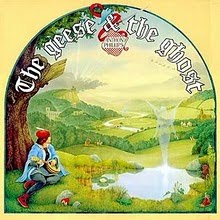



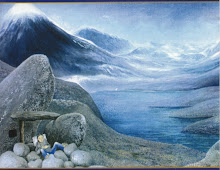

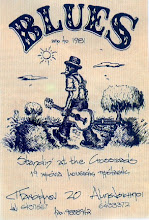

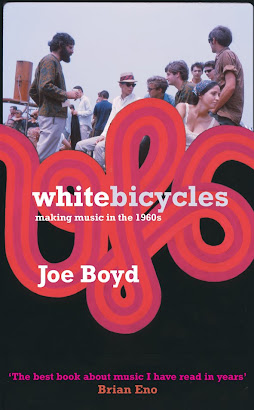
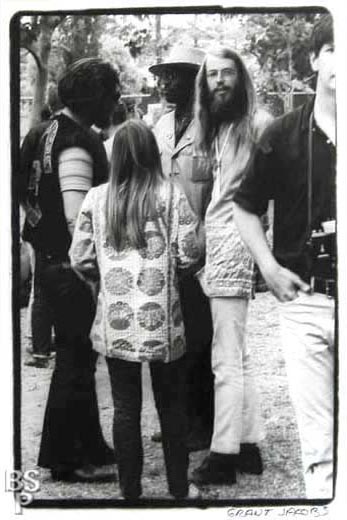
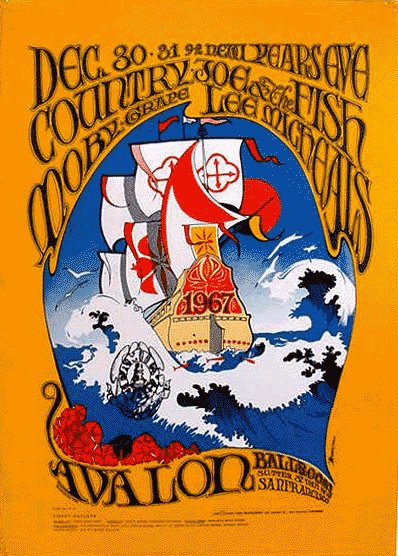
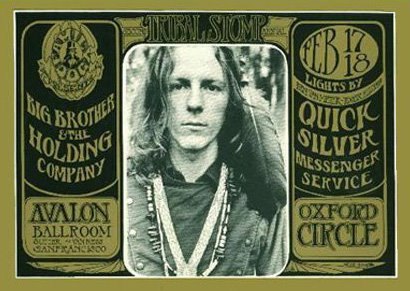
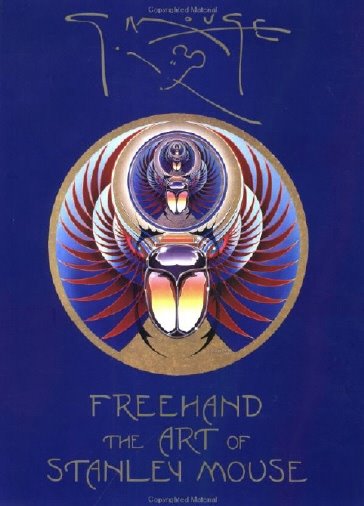.jpg)

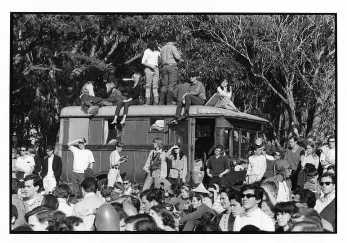




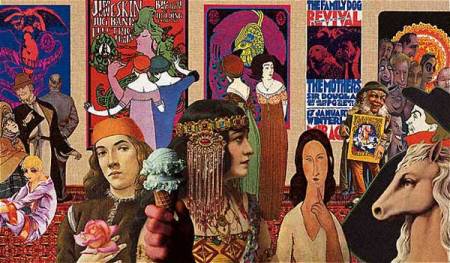.jpg)
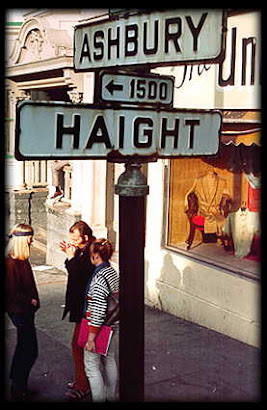
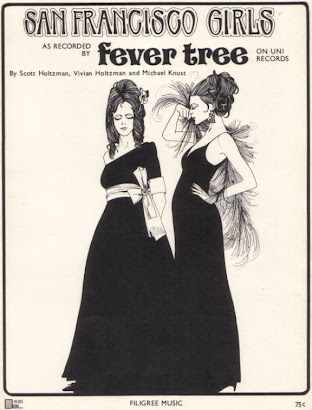
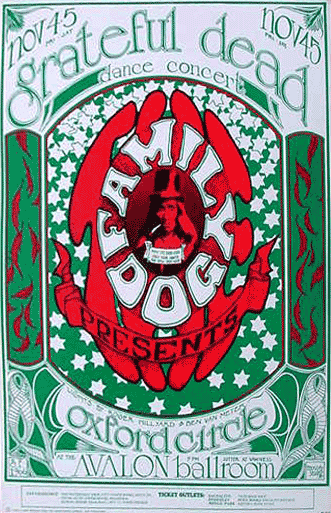
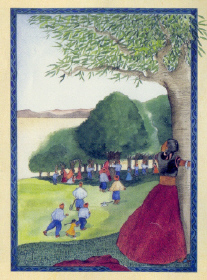
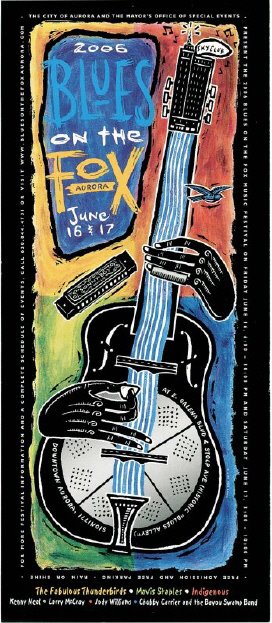












%20@320.jpg)







.JPG)






































































+-+cover.png)














.jpg)




































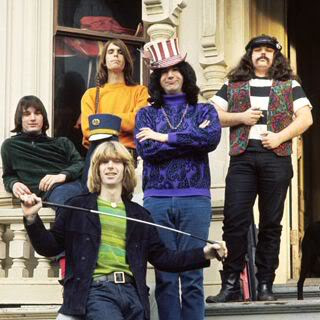






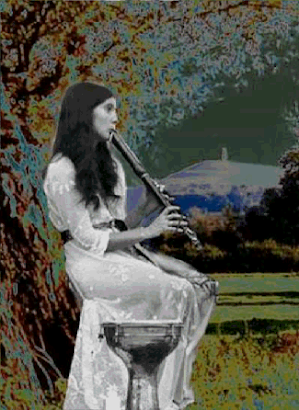













































.jpg)







